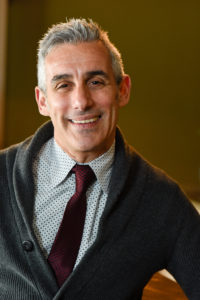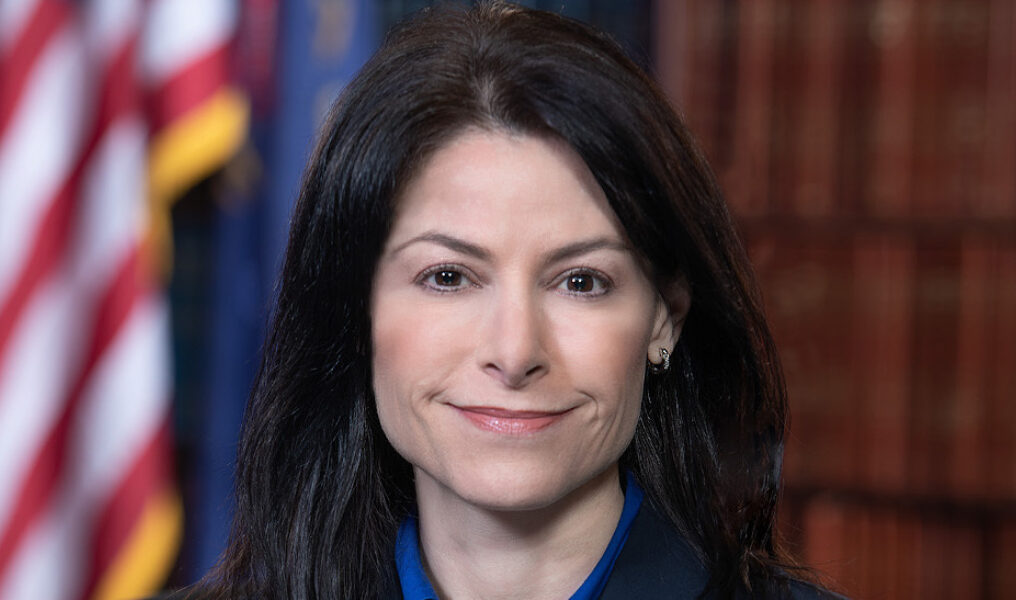Earlier this month Michigan Court of Claims Judge Christopher M. Murray heard two cases regarding the denial of services to LGBTQ patrons in light of held religious beliefs. They involved Rouch World, a Sturgis park and wedding venue that refused to host the ceremony of a same-sex couple; and that of Uprooted Electrolysis, a Marquette hair removal service that refused to serve a transgender client. He ruled that the U.S. Supreme Court's decision in Bostock v. Clayton County clearly finds that the electrolysis business discriminated against its client on the basis of sex, which is included in Michigan's Elliott-Larsen Civil Rights Law. But in the case of the wedding venue, the state's precedent holds that gay people are not protected from discrimination in that category.
"With respect to whether sexual orientation falls within the meaning of 'sex' under the ELCRA, the Court of Appeals has already concluded that it does not. Barbour v. Dep't of Social Services. … Being a decision published after Nov. 1, 1990, Barbour is binding on this Court under MCR 7.215(A) and must be followed. And, whether Barbour's reasoning is no longer valid in light of Bostock v. Clayton Co … and cases containing similar reasoning, is a matter for the Court of Appeals, not this Court," read Murray's decision.
That decision has since been appealed by Michigan Attorney General Dana Nessel. She said she "respectfully disagrees" with Murray's decision to rely on the 1993 Barbour case as precedent, citing that Bostock should have impacted the outcome in Rouch World, too.
"Michigan courts have held that federal precedent is highly persuasive when determining the contours of the Elliott-Larsen Civil Rights Act, and federal courts across the country – including the U.S. Supreme Court in Bostock v. Clayton Co – have held that discrimination on the basis of sexual orientation is a form of sex discrimination," Nessel said in an MLive report.
She went on to say that her office intends to submit that "all Michigan residents are entitled to protection under the law – regardless of their gender identity or sexual orientation – in our appeal to this decision."
Jay Kaplan, is the staff attorney for the American Civil Liberties Union of Michigan's LGBT Project. He said that while he doesn't know if the Michigan Court of Appeals can overrule their past decision, he wouldn't be surprised if the case made it up to the Michigan Supreme Court, "which can overrule the Barbour case to make that decision [in favor of LGBTQ protections]."
"I think now that we have a progressive majority on the state Supreme Court, if it ultimately goes to the Supreme Court, hopefully, they will do just that. We want to get some good case law that says that LGBTQ people are covered under our civil rights law," Kaplan said. "That doesn't mean that we still don't want to amend our Michigan Civil Rights laws to explicitly include sexual orientation and gender identity, because then we don't have to leave it up to court interpretation, but we definitely want our state courts to apply the Bostock decision not only to employment situations but to these cases that involve public accommodation."

Jay Kaplan. Courtesy photo.
One thing that Kaplan said is certain is that cases of this kind are not going away any time soon. In fact, the Supreme Court is currently in the process of making a decision in just such a case.
"I could definitely see the defendants trying to argue that their religious beliefs take precedent over enforcing civil rights laws. That's a very dangerous thing, and, hopefully, our courts will not buy into that argument," Kaplan said. "Right now, the Supreme Court heard the case Fulton v. City of Philadelphia, where the faith-based [foster agency] argument is that we have a right to a government contract, but we don't have to adhere to the nondiscrimination provisions of the contract because of our religious beliefs. And if the U.S. Supreme Court decides, 'Yes, that is a kind of exception when you cite for religious beliefs,' I think that could be very damaging."
In the meantime, however, Kaplan said he hopes there will be more cases decided in Michigan's state courts in favor of LGBTQ rights. This seems more possible than ever because of Michigan's progressive majority on the Supreme Court.
"It doesn't mean that things are guaranteed but we might have a more hospitable environment in our state court. The other reason we have to rely on our state court is that President Trump, during his term, has appointed a substantial number of federal judges to the federal district court and 6th Circuit Court of Appeals and 100% of these judges are conservative and many of them have been part of anti-LGBT decisions in the past," Kaplan said. "So we have to look to our state courts, and we are going to be seeing more activity happening in the state."










